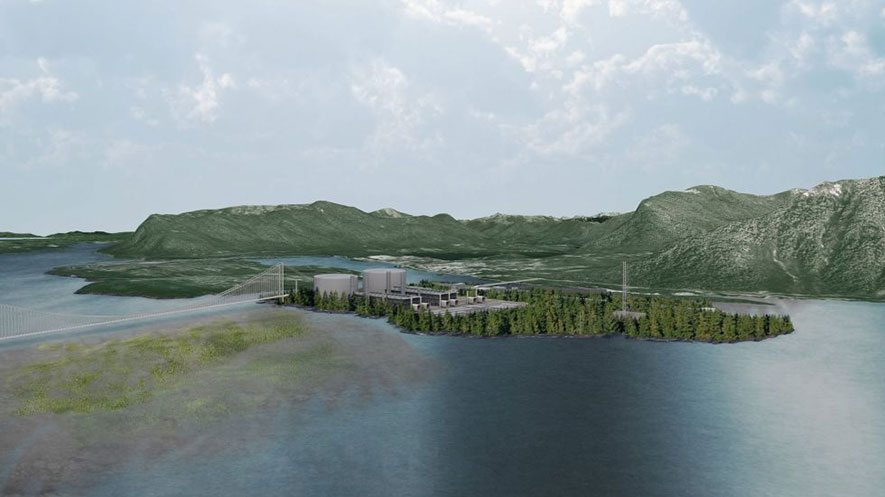On 25 July 2017, the international consortium behind Pacific Northwest LNG announced it was shelving its controversial $36-billion liquefied natural gas export megaproject in the Skeena River estuary.
Petronas, the Malaysia national oil company and Pacific Northwest’s largest backer, blamed market conditions – including the global glut of natural gas – for its decision.
“We are disappointed that the extremely challenging environment brought about by the prolonged depressed prices and shifts in the energy industry have led us to this decision,” Anuar Taib, chief executive of Petronas’s oil and gas production division, said in a statement.
The planned terminal drew criticism from First Nations and others because of its potential impact on salmon in the Skeena River. While Petronas did not cite their criticism, environmental advocates have been working through every available channel – scientific research, environmental reviews, legal challenges, even civil disobedience – to make their point: this is the worst possible location for a massive industrial development. They say that the eelgrass bed at Flora Bank is perhaps the most important place in the Skeena for juvenile salmon, a crucial stopover used by populations from all over the Skeena on their way out to sea.
The project secured Prime Minister Justin Trudeau’s approval last year, but there’ll be no industrial development on Lelu Island and Flora Bank.
“The project was flawed from the beginning due to the lack of upfront consultations with affected Indigenous communities and by selecting the worst possible location for a project of this magnitude.” says Greg Knox, executive director of SkeenaWild.
He continued: “This fight has done one good thing – it has united far flung groups in the watershed and across the Pacific around the goal of protecting salmon. Without salmon, we lose the foundation of our ecological health, our local culture and our economy. We thank the Wild Salmon Center and The Stronghold Fund for standing with us in this important struggle.”
Through the Skeena Stronghold Partnership, Wild Salmon Center has stepped up our support for SkeenaWild and local First Nations over the last three years, providing technical, communications, and financial assistance for the Skeena estuary campaign. Our goal was to ensure that one of the Pacific’s great wild salmon and steelhead systems remained intact.
“Salmon and steelhead advocates around the world should celebrate this day,” says Guido Rahr, CEO of Wild Salmon Center. “It demonstrates the power of alliances between local communities and international partners focused on protecting the world’s great strongholds. Together, we will continue to work to keep the Skeena intact.”
The Skeena Stronghold Partnership will now shift its attention toward permanent protection of Lelu Island and Flora Bank. With the support of Wild Salmon Center, SkeenaWild and local partners will continue to legally challenge the federal environmental assessment permit given to Petronas and Pacific Northwest LNG to develop the area. Salmon advocates aim to have the permit revoked, to prevent future developers from building at the site.





